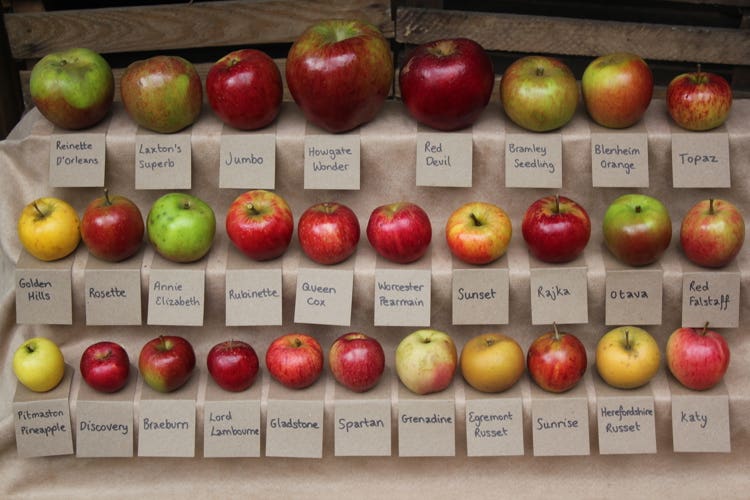Friends at first sniff: People drawn to others who smell like them
To assess whether the eNose results accurately mirrored human perception, the team recruited human smellers and devised a set of tests

[July 9, 2022: Issam Ahmed, AFP]
Researchers set about collecting samples from pairs of same-sex, non-romantic friends who described themselves as having clicked at first sight. (CREDIT: Creative Commons)
To find out, they set about collecting samples from pairs of same-sex, non-romantic friends who described themselves as having clicked at first sight, that is to say "where a sense of friendship was formed before extensive biographical information was exchanged," according to the paper.
After an extensive recruitment effort, they found 20 pairs, half of whom were male, and the other half female, all aged between 22 and 39 years old.
In order to prevent contamination or outside factors influencing their samples, all participants had to follow a strict protocol that included avoiding pungent foods and sleeping away from their partner and pets in a clean cotton T-shirt that was provided to them.
The T-shirts were collected in ziplock bags and tested with an electronic nose—a device equipped with sensors to analyze chemical composition. The researchers found that the odor signatures of "click friends" were statistically more closely matched than odors between non-friends.
Related Stories:
To assess whether the eNose results accurately mirrored human perception, the team recruited human smellers and devised a set of tests to check the validity of their result.
In one of these tests, for example, the human smellers were presented with three odors: two from a pair of click friends, and one outlier. They successfully identified the pairs and rejected the outlier.
Smell predicted friendships too
These results seemed to confirm the hypothesis that similar smells might spur friendship, but an alternative explanation was that people who are friends spend a lot of time together and so have similar body-odor shaping experiences, such as where they live and what they eat.
We smell each other's body odor, volatile molecules, and in same sex dyads, similar body odor predicts friendship. There is actual chemistry in social chemistry. (Credit: Weizmann Institute of Science)
To disentangle these two possibilities, the team devised another test to see whether smell could be a successful predictor in whether two people who've never met go on to click.
They recruited 17 strangers and had them all interact with one another in a test called the "Mirror Game"—standing half a meter apart so they could subconsciously smell each other, they were asked to mimic each other's hand movements for two minutes, without talking to each other.
Chemical similarity in their odors, as tested by the eNose, successfully predicted mutual clicks in 77 percent of cases, and predicted 68 percent of cases where both sides said they did not click.
What's more, the closer people's smell was, the more they reported liking each other, understanding one another, and feeling greater chemistry between themselves.
Together, the study's results "converged to suggest that human same-sex nonromantic click friends smell more similar to each other than expected by chance," the team concluded.
Humans, unlike other terrestrial mammals, use complex language to interact, and so it's possible the effects of smell in lab settings were amplified compared to how important they may have been in real life, the team wrote.
"Nevertheless, we think our results imply that we may also be more like other terrestrial mammals in this respect than we typically appreciate."
Note: Materials provided above by AFP. Content may be edited for style and length.
Like these kind of feel good stories? Get the Brighter Side of News' newsletter.
Joshua Shavit
Science & Technology Writer | AI and Robotics Reporter
Joshua Shavit is a Los Angeles-based science and technology writer with a passion for exploring the breakthroughs shaping the future. As a contributor to The Brighter Side of News, he focuses on positive and transformative advancements in AI, technology, physics, engineering, robotics and space science. Joshua is currently working towards a Bachelor of Science in Business Administration at the University of California, Berkeley. He combines his academic background with a talent for storytelling, making complex scientific discoveries engaging and accessible. His work highlights the innovators behind the ideas, bringing readers closer to the people driving progress.



